

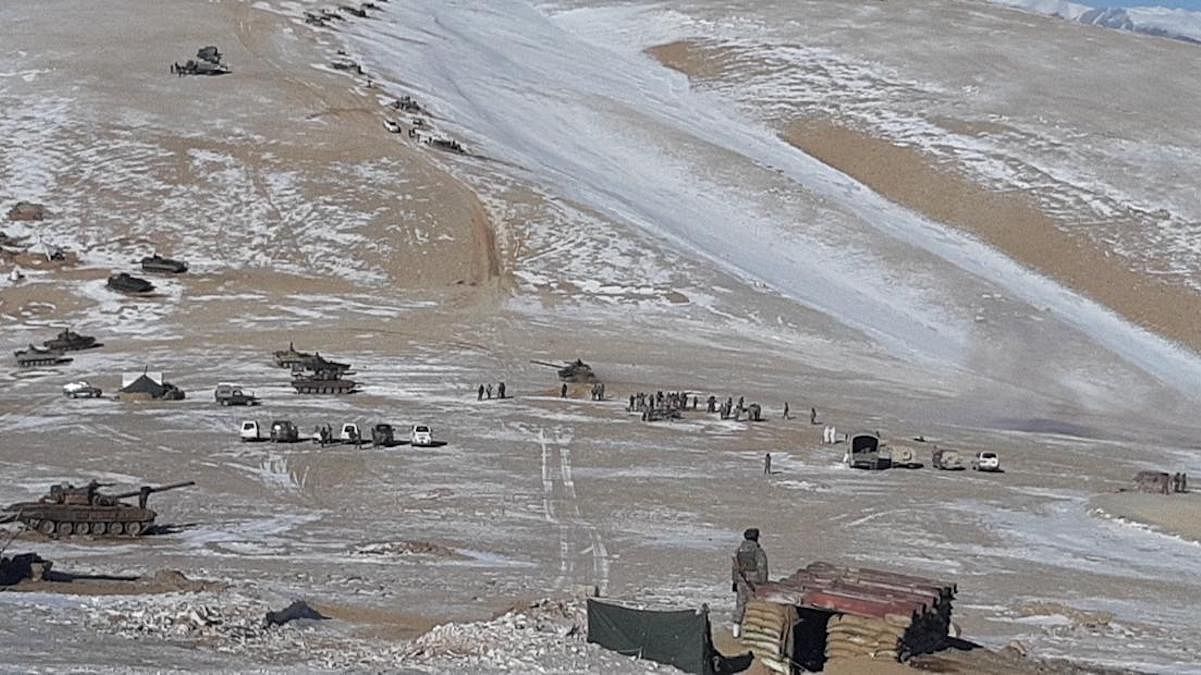
In a significant move to normalize their relations, India and China announced a series of measures, including resuming Kailash Mansarovar Yatra and restoring direct flights, after completing the disengagement of troops in eastern Ladakh. The two countries have also agreed to hold an early meeting to discuss resuming the provision of hydrological data and other cooperation pertaining to trans-border rivers. This comes after Foreign Secretary Vikram Misri held talks with Chinese Vice Foreign Minister Sun Weidong and met other Chinese officials to review the state of bilateral relations and take steps towards stabilizing and rebuilding ties.
India and China Normalize Relations with Renewed Kailash Mansarovar Yatra and Direct Flights
In a significant step towards normalizing diplomatic relations, India and China have announced the resumption of the Kailash Mansarovar Yatra and direct flights between the two countries. This move follows the completion of troop disengagement in eastern Ladakh, a disputed border region between the two nations.
Background
Tensions between India and China escalated in May 2020 after a deadly clash in the Galwan Valley. This led to a prolonged military standoff along the Line of Actual Control (LAC), the de facto border between the two countries.
Since then, both sides have engaged in diplomatic talks to resolve the dispute. In February 2021, India and China announced a phased disengagement of troops from the contested border areas.
Resumption of Kailash Mansarovar Yatra and Direct Flights
As part of the normalization process, India and China have agreed to resume the Kailash Mansarovar Yatra, a religious pilgrimage for Hindus and Buddhists. The pilgrimage route allows Indian pilgrims to travel to Mount Kailash and Lake Mansarovar, located in Tibet, which is administered by China.
Additionally, the two countries have decided to restore direct flights between India and China. This will facilitate travel and connectivity between the two nations.
Additional Measures and Agreements
Besides the resumption of the Yatra and direct flights, India and China have also agreed to:
Top 5 FAQs and Answers
1. Why is the resumption of the Kailash Mansarovar Yatra significant?
The Yatra is a highly revered pilgrimage for Hindus and Buddhists. Its resumption allows Indian pilgrims to access religious sites in Tibet, strengthening cultural and spiritual ties between India and China.
2. What is the status of the disengagement process along the LAC?
The disengagement process is ongoing and has been successful in several areas. However, some areas remain where both sides are working to implement the disengagement agreement fully.
3. What does the establishment of a hotline between India and China mean?
The hotline aims to prevent misunderstandings and miscalculations during patrols along the LAC. It allows both sides to communicate directly in the event of any incidents or emergencies.
4. What other areas of cooperation are India and China expected to enhance?
The two countries have agreed to expand cooperation in areas such as trade, investment, security, and cultural exchanges.
5. What are the potential challenges to improving India-China relations in the future?
Despite the recent progress, there remain underlying issues and differences between India and China. These include the long-standing border dispute, China's growing influence in the region, and differing geopolitical interests. It is important for both countries to continue engaging in dialogue and diplomacy to address these challenges and build a mutually beneficial relationship.

A Pakistani man, whose two children suffer from a congenital heart condition, has appealed to the Indian and Pakistani governments for permission to complete their medical treatment in India. This comes after the recent cancellation of SAARC visa privileges following the Pahalgam terror attack. As tensions rise between the two nations, the father is pleading for his children's lives as their treatment is only possible in India. Meanwhile, tensions remain high as over 100 Indian nationals in Pakistan returned to India on Thursday, while more followed on Friday.
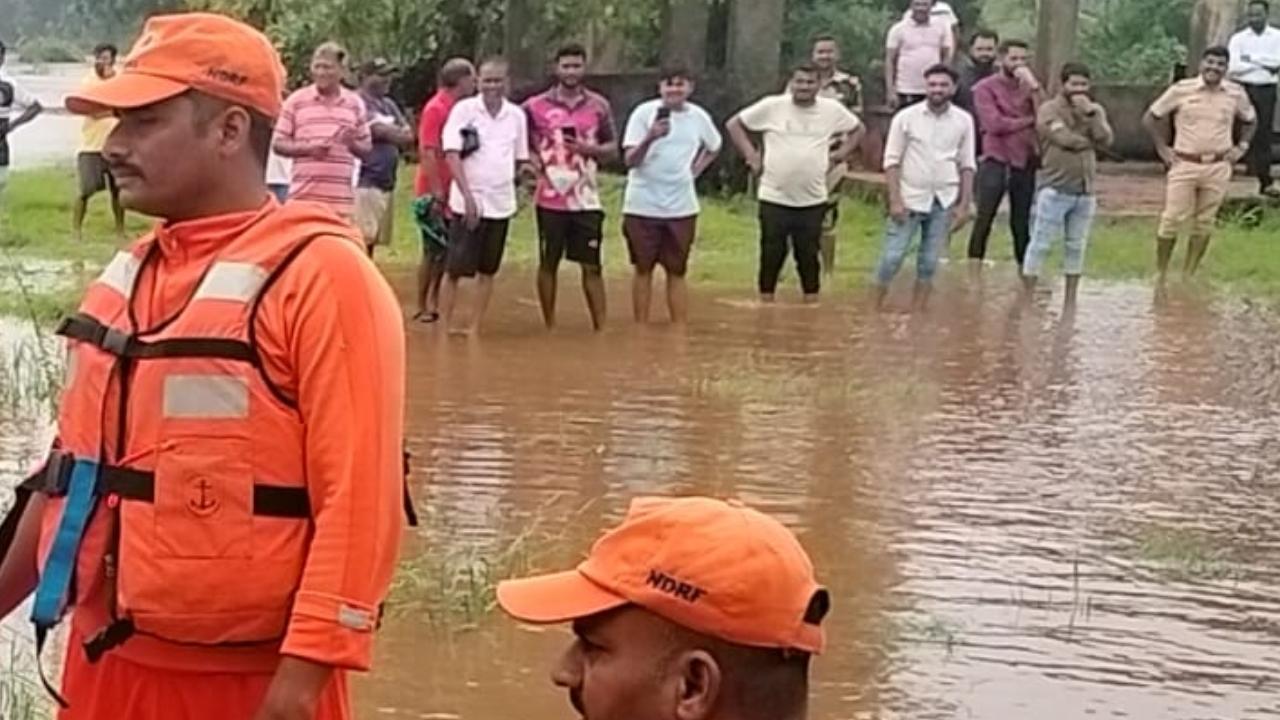
The Palghar district of Maharashtra, known for its vulnerability to natural calamities, has taken a step towards better disaster management by equipping 259 gram panchayats with specialized Disaster Response Kits. These kits, containing essential rescue and safety equipment, will ensure that villages are able to respond quickly and effectively during emergencies. In addition, the district plans to recruit 500 trained disaster response volunteers, called "Apda Mitras", to assist during disasters. With natural disasters becoming more frequent and severe, this proactive step by Palghar district is a crucial move towards strengthening disaster preparedness at the grassroots level.
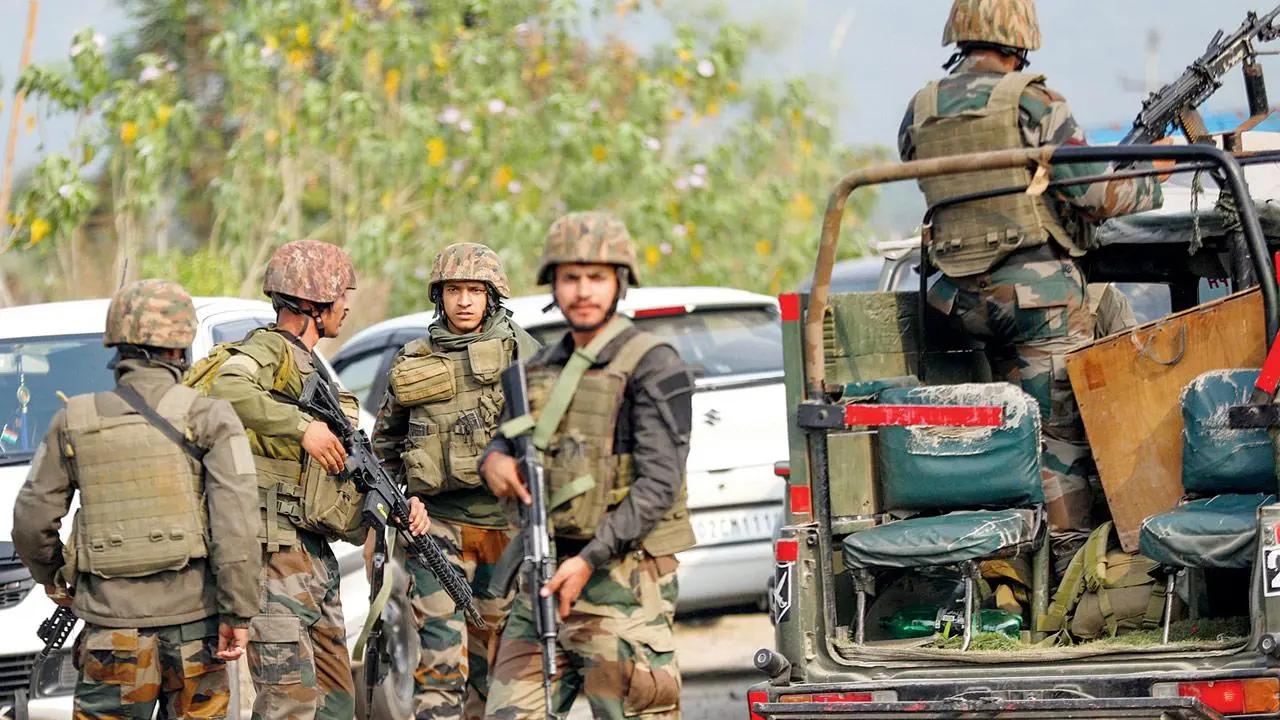
Indian security forces successfully eliminated top Lashkar-e-Taiba commander Altaf Lalli during an encounter in Bandipora, Jammu and Kashmir on Friday. The encounter occurred amidst a joint search operation launched by the Indian Army and Jammu and Kashmir Police to track down those responsible for the Pahalgam terror attack on April 22. Army Chief General Upendra Dwivedi has arrived in Jammu and Kashmir to conduct a comprehensive security review and track the progress of the operation.
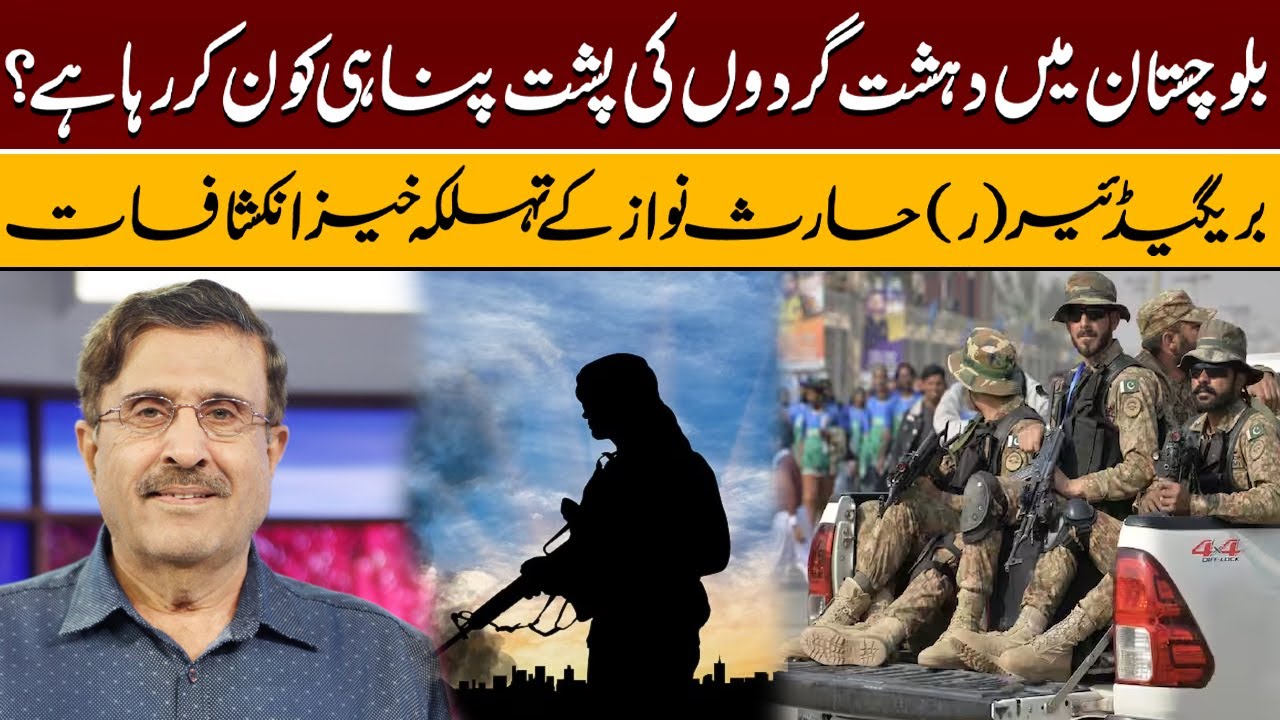
In a statement that has sent shockwaves through the international community, Pakistan's Defense Minister Khawaja Asif has admitted on an interview with Sky News journalist Yalda Hakim that his country has been aiding terrorist organizations for the past three decades. This confession serves as a vindication of India's longstanding claims about Pakistan's involvement in terrorism, particularly in the recent Pahalgam terror attacks where 26 people were killed. Asif also made contradictory claims, denying knowledge of the presence of Lashkar-e-Taiba's offshoot, The Resistance Front, while proclaiming that Lashkar "does not exist" anymore.

Israeli Prime Minister Benjamin Netanyahu reportedly ordered a covert operation by Mossad, codenamed Operation Zeppelin, to shield Indian billionaire Gautam Adani from a negative campaign linked to the Hindenburg Research report. The operation involved two elite units and spanned several countries, targeting individuals allegedly behind the campaign, including American and British hedge fund managers, investigative journalists, and political operatives possibly tied to the Biden administration and billionaire George Soros. Among the shocking claims in the report, Mossad is said to have surveilled prominent Indian opposition leaders and tracked Congress leader Rahul Gandhi, with evidence allegedly found of coordination between opposition figures and the Hindenburg team.
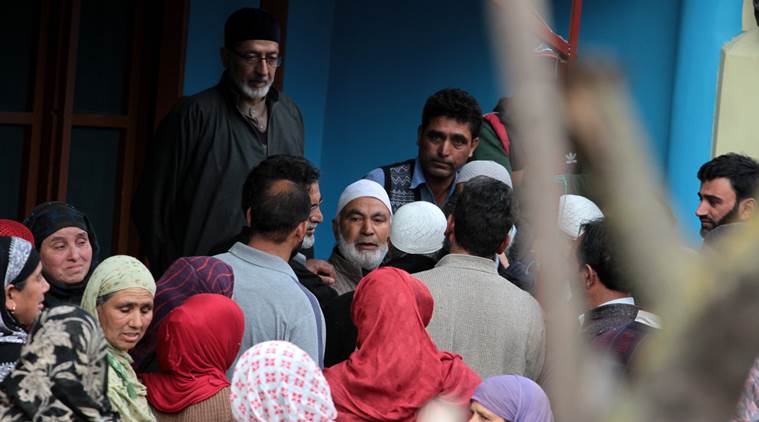
Debasish Bhattacharya, a professor at Assam University, was on a family trip to Kashmir when terrorists attacked Pahalgam. Bhattacharya, who grew up in a Muslim neighbourhood, was able to save his family's lives by reciting the Kalma, a declaration of faith in Allah. The terrorists asked him if he was reciting the Kalma or calling upon Lord Ram, but Bhattacharya's knowledge of the verses helped keep them at bay.

On April 25, the world will come together to observe World Malaria Day, which was established by the World Health Organization to raise awareness about the deadly disease and the need for continued investment and commitment. This year's theme, "Malaria Ends With Us: Reinvest, Reimagine, Reignite," highlights the importance of collective action and innovation in eliminating malaria. The campaign, led by the WHO and global partners, aims to accelerate progress towards a malaria-free world through a range of initiatives at all levels.
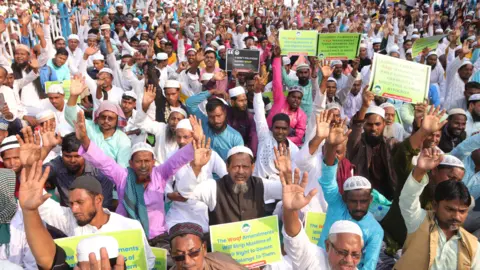
Bangladeshi far-right group Khelafat Majlish plans to stage a mass march to the Indian Embassy in Dhaka to protest against the recently passed Waqf (Amendment) Act by the Indian Parliament. The outfit's leader, Maulana Mamunul Haque, claims that the Act aims to illegally acquire Muslim-owned lands for the construction of religious structures by giving them legal backing. This move has sparked outrage among Muslims in India, who see it as an interference in their religious rights. Meanwhile, the Indian government has condemned the recent spate of violent attacks on minority communities in Bangladesh, with the Ministry of External Affairs describing it as part of a disturbing pattern of persecution under the country's interim administration.
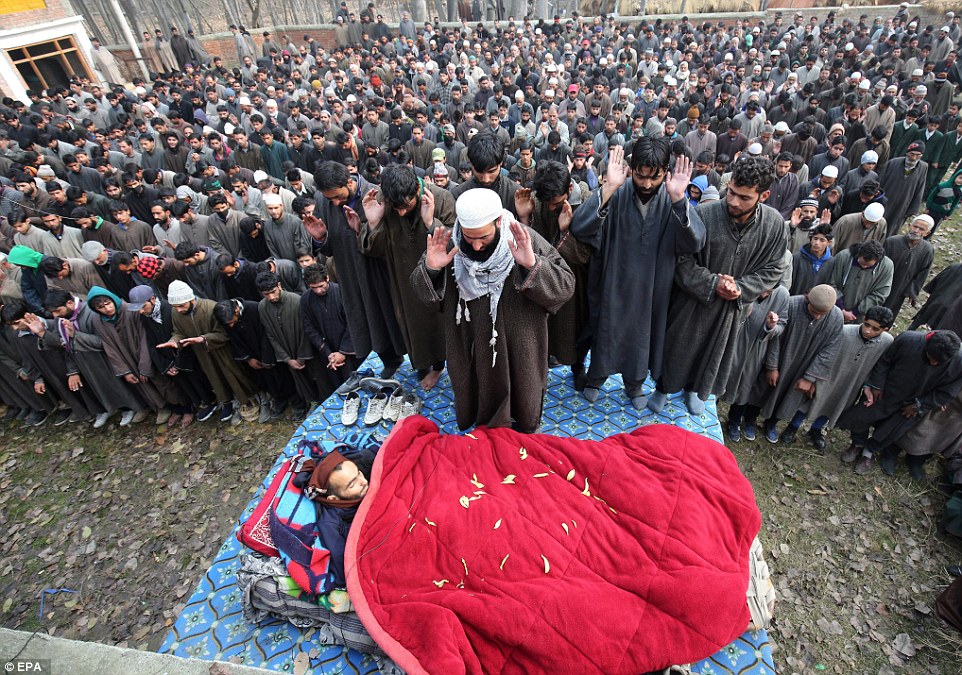
In the midst of the peak tourist season, a young pony ride operator became a hero when he tried to save the life of a tourist during a terrorist attack at Pahalgam's Baisaran meadow in Kashmir. Syed Adil Hussain Shah, a local Kashmiri Muslim, was shot dead while attempting to shield the tourist and even trying to snatch the attackers' guns. The heartbroken father of Shah demands justice for those responsible, while the Jammu and Kashmir Chief Minister Omar Abdullah praised his bravery and promised to support the family. This shocking and tragic story highlights the ongoing violence and turmoil in the region.

The peaceful Easter vacation turned into a nightmare for Sushil Nathaniel's family when terrorists targeted tourists in Pahalgam. The assailants asked the Christian LIC manager to recite the Kalma, and when he refused, they shot him dead. His daughter, who tried to save her father, was also shot in the leg. The family demands strict punishment for the attacker to set an example for the world.